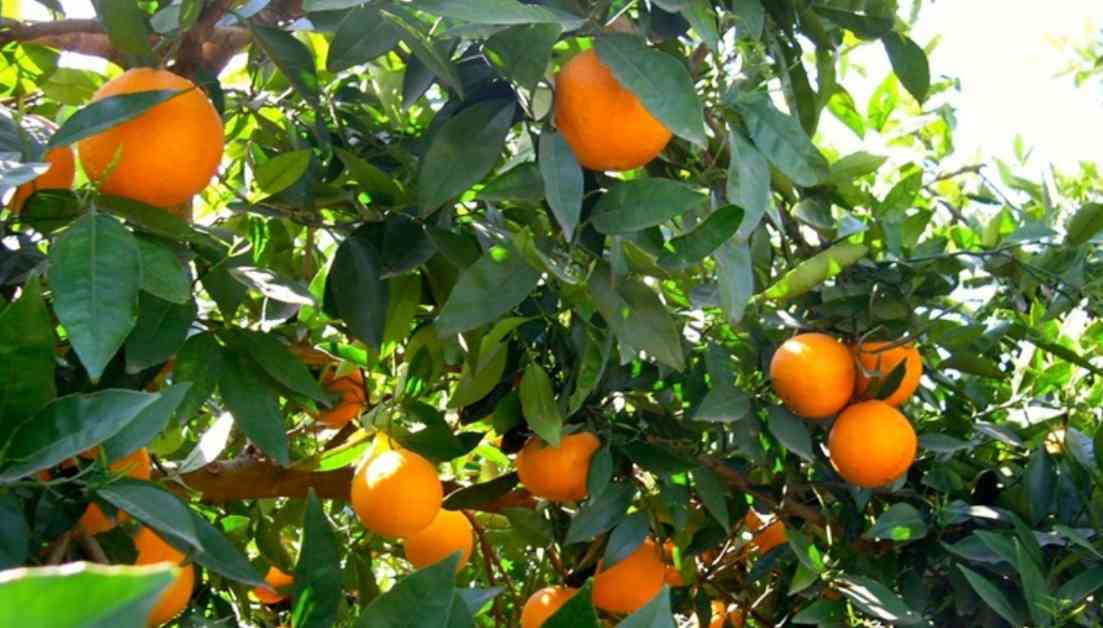The recent climatic phenomenon known as DANA has caused significant damage to the agricultural sector in the province of Valencia, Spain, with losses exceeding 1 billion euros. The citrus industry, in particular, has been severely affected, with estimates showing losses of 192 million euros for citrus crops still pending harvest.
As a result of the damage in Spain, concerns have been raised about the supply of citrus to the European market, as Valencia plays a crucial role in Spanish citrus production. However, the president of the Citrus Management Committee (CGC) has assured that packing warehouses in Valencia are operating at full capacity, ensuring an adequate supply of mandarins and oranges to major European distributors.
Looking at the situation from a South American perspective, Sergio Del Castillo, the general manager of Procitrus in Peru, pointed out that Spain’s reduced citrus supply is likely to impact the northern hemisphere. He mentioned that countries in the Mediterranean basin, such as Morocco, Italy, Greece, Turkey, and Egypt, are better positioned to supply citrus during Spain’s off-season.
Additionally, José Carbonell, the president of the Argentine Citrus Federation (Federcitrus), highlighted the impact of the climatic disaster on Spain’s sweet citrus production. He emphasized the importance of addressing inspection procedures at entry ports for South American fruit, noting that excessive controls and inspection delays in Spain and Portugal could discourage exporters from shipping directly to these points.
Carbonell also mentioned that Europe’s strict sanitary requirements have made the EU a challenging destination for some exporters. He suggested that if there is a significant decrease in Spanish citrus supply, the Argentine citrus industry may need to consider alternative approaches to meet market demands.
In conclusion, the recent losses in the Spanish citrus industry due to the DANA phenomenon have raised concerns about the supply of citrus to the European market. While South American citrus-producing countries like Peru and Argentina are observing the situation closely, challenges such as inspection delays and stringent sanitary requirements in Europe may impact their export strategies. It remains to be seen how the global citrus market will adjust to the changes caused by the climatic disaster in Spain and what implications it may have for citrus production and trade in the coming years.
